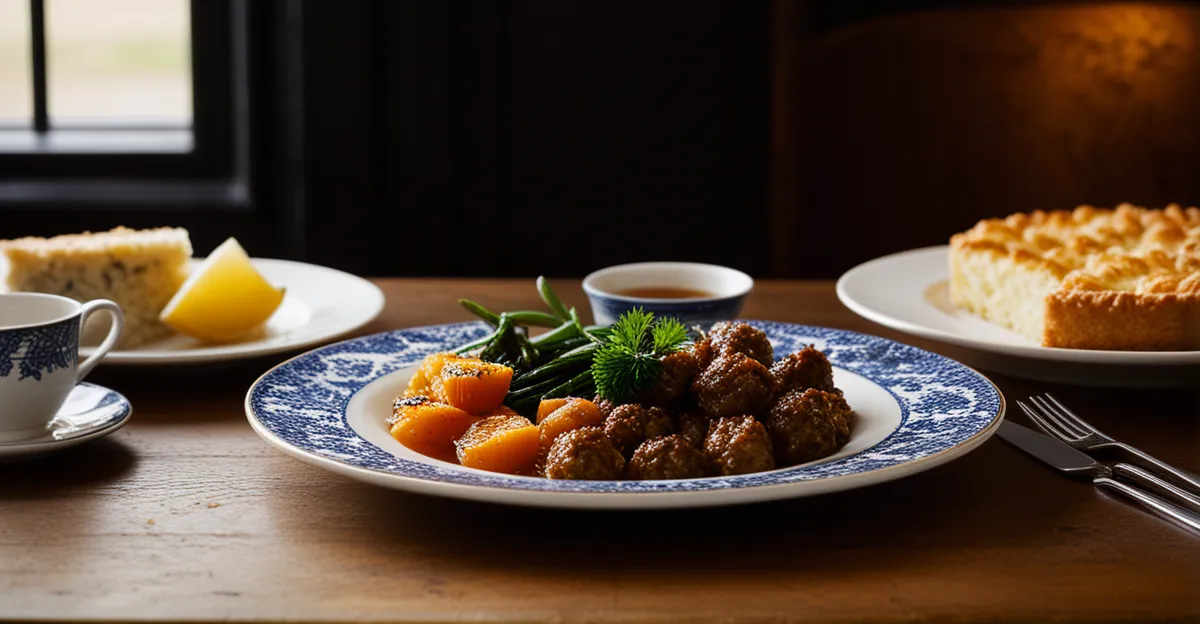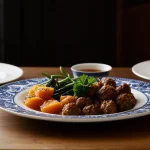Distinctive Features of Traditional British Cuisine
Traditional British cuisine is defined by its heartiness and simplicity, focusing on straightforward, wholesome ingredients. Core ingredients such as root vegetables—potatoes, carrots, and turnips—form the backbone of many meals. These are often paired with various meats like beef, lamb, or pork, and complemented by dairy products such as butter and cheese.
One of the defining features of British food is the minimal use of seasoning. Rather than complex spices, traditional dishes rely on the natural flavors of fresh, seasonal, and locally sourced produce. This approach highlights the quality and freshness of ingredients, emphasizing an earthy, comforting taste.
Characteristic cooking methods also reflect this simplicity, with emphasis on roasting, boiling, and stewing. These methods enhance the natural flavors without overcomplicating the palate. Together, these core ingredients and cooking styles create dishes that are not only familiar and satisfying but also deeply connected to British cultural and agricultural traditions.
Signature Ingredients in British Cooking
Traditional British cuisine ingredients revolve around a few core staples that shape the distinctiveness of British food. Root vegetables like potatoes, carrots, and turnips are fundamental, offering both texture and heartiness to dishes. These vegetables serve as versatile accompaniments or main components, often stewed or roasted for maximum flavor.
Meats play a crucial role as well. Beef, lamb, and pork are common proteins in traditional British cuisine, prized for their robust character and used in various dishes from roasts to pies. Fish, particularly cod and haddock, also feature prominently, especially in iconic meals such as fish and chips.
Beyond vegetables and meats, dairy products including butter, milk, and cheese contribute richness and depth. Grains and pulses, while less emphasized than vegetables and meats, supply necessary substance in puddings and broths.
These British cuisine ingredients reflect an economy of flavor, relying more on quality and seasonal availability than elaborate seasoning. The simplicity and accessibility of these staples underpin the defining features of British food—comforting, straightforward, and deeply connected to the land and tradition.








